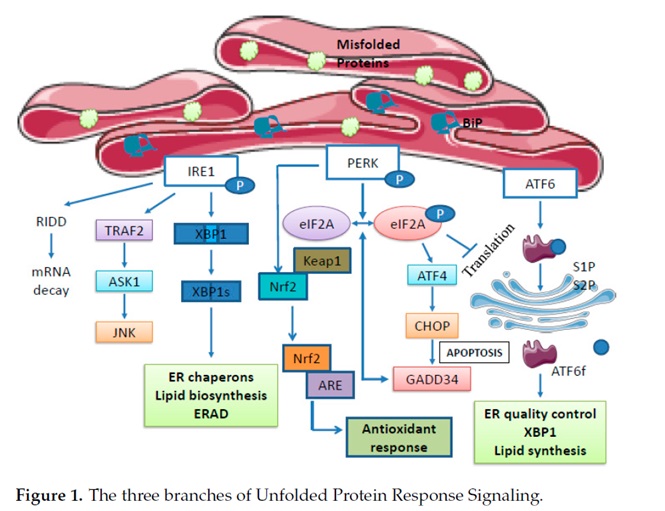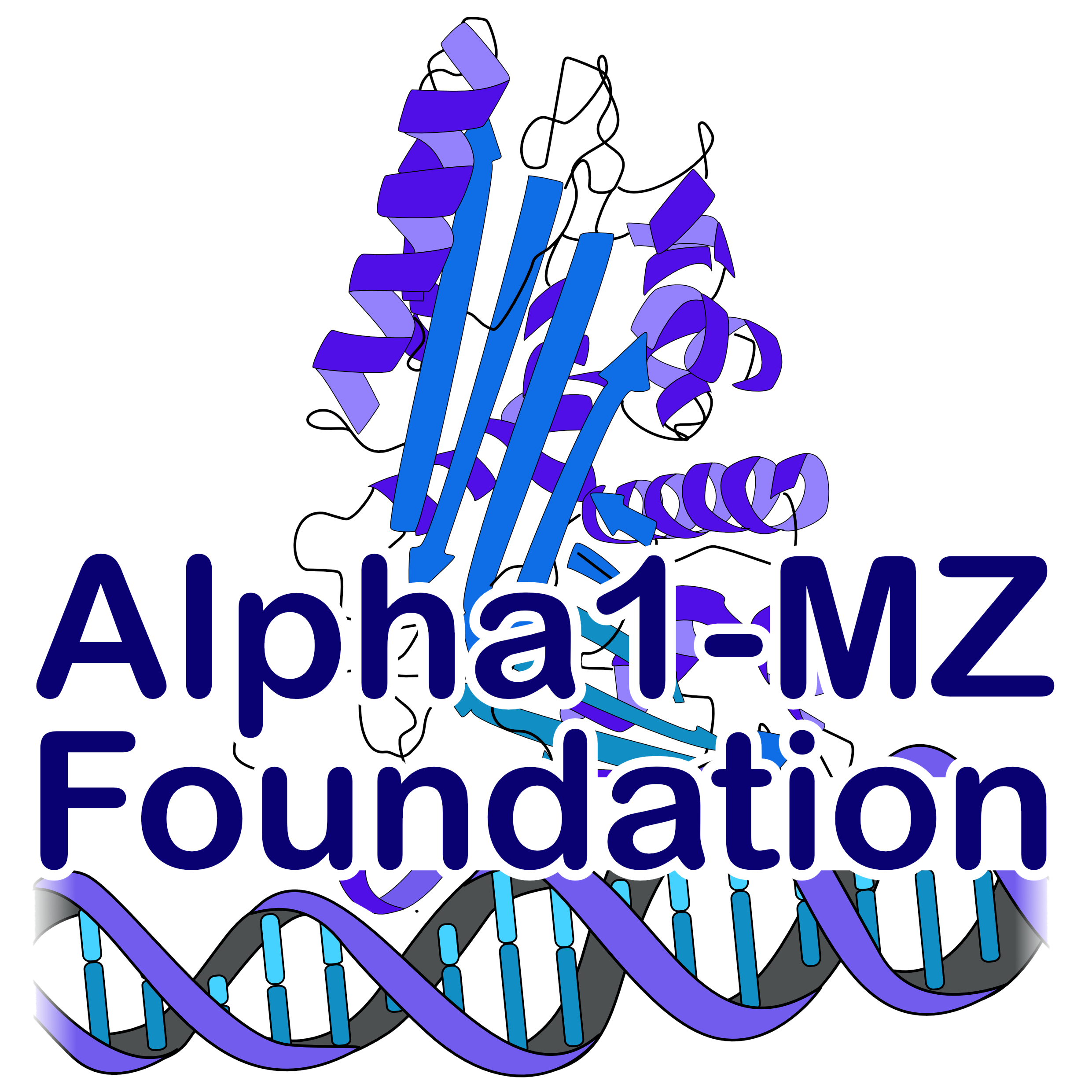Hi and welcome to our website. When you start reading here, you are most likely diagnosed with alpha-1 antitrypsin deficiency. At this time, you may not even know that there are different types. Well… don’t worry, we got you covered. Rest assured, you are not alone! There are approximately 35 million persons worldwide with this genetic disease.

The reason that alpha-1 antitrypsin deficiency is not well known (yet), is that it is very hard to diagnose based on symptoms. Therefore, most of us have seen many, many doctors before we finally found out the root cause of our problems.
There are a lot of different types of alpha-1 antitrypsin deficiencies, but this website / group has a focus on Alpha-1 MZ, the most common deficiency.
The most common/known types are:
MM – The normal, healthy type
ZZ – The variant where you only have ~15%
MS – The variant where you have ~ 80%
MZ – The variant where you have ~ 50%
The way to find out about your type, is a genetic test. You can ask your doctor about this, but some people also use a commercial test kit to find out. The probability that you are an MZ is quite high, because about 4% of the population with a European heritage has the MZ type. No less than 35 million persons worldwide are affected.

When you have found out that you are an Alpha-1 MZ, this means that you have about 50% alpha-1 antitrypsin in your body, compared to a healthy person. This ~50% is typically enough to have a good life when you lifestyle is healthy (no alcohol, clean air/no smoking and a sensible, healthy diet).
Having said this, we all know that we don’t live in Utopia. So, you may work in a very dusty environment, or you live in an area with a lot of air pollution. You might drink some alcohol and you may sometimes choose unhealthy fatty food with a lot of sugar.
Before we dig deeper into the alpha-1 antitrypsin information, please note that a healthy life style is your key!!
So, the first things to do, are to stop smoking (affects the lungs) and stop using alcohol (affects the liver).
More about alpha-1 antitrypsin or ‘AAT’
Alpha-1 antitrypsin is produced by the liver, and the simplest explanation is that it makes the “inflammations” stop when they are no longer necessary. For example, when you get dust or other substances in your lungs, your body reacts to that. Once that problem is resolved, the reaction must be stopped. This is in simple terms what AAT does: it stops the reaction. Now you can understand that when you have an decreased level of AAT, reactions in your body keep on going longer, which can do harm, especially in your lungs.
There are an increasing number of scientific reports indicating that that a lower AAT may also impact your immune system. Maybe you have noticed that you had more issues as a child compared to other children, or indications of an autoimmune issue?
Let’s tell you some more about the liver. As mentioned, AAT is produced by your liver, but there is a problem when you are an Alpha-1 MZ: the “M” type alpha-1 antitrypsin enters the blood stream from the liver, but the “Z” part gets stuck in your liver cells. A part of the “Z” AAT forms polymers in the liver cell and as such causes “stress” for the liver.

This means that your liver has problems performing all its other tasks for your body. This gets worse when you get older, because a liver has lost about 35% of its capacity around the age of 65. This is also the reason most of the Alpha1 MZ problems are starting during your more mature adult life.
Now you understand why an Alpha-1 MZ should not smoke, live in clean air and eat food which is easy for the liver to digest. Just a few more things: NSAIDs like ibuprofen are also known to be very bad for Alpha-1 MZ livers, and don’t take unnecessary high doses of food supplements!
Let me tell you a bit about the issues we see in real life within our Alpha-1 MZ group.
The lung issues are typically lung emphysema, because you may work in an environment with dirty air. Therefore some of us receive alpha-1 antitrypsin infusions and some even had lung transplants.
Other issues are immune-related such as autoimmune diseases, because of the immune-regulating properties of alpha-1 antitrypsin.
We also see issues with tendon sheath and ligaments, because alpha-1 antitrypsin has an effect on the connective tissue in your body.
Liver problems are typically fatty liver, fibrosis and cirrhosis. In severe cases, a liver transplant can be required.

Very often liver problems, especially in the elderly, result in digestion issues which may cause a lack of minerals and vitamins. This deficit may in turn lead to serious issues, like neurological problems, difficulties walking, extreme fatigue, not able to work anymore etc.
You may want to look into these vitamin and mineral deficiencies, because the liver plays an important role here. Also, because the liver enzymes are typically within the limits, (it’s a slow process), these things are often overlooked.
It may also be a good idea to discuss your issues and concerns with other Alpha-1 MZ’s and hear how they deal with it on a daily basis, so you don’t feel completely alone.
There are a number of Facebook pages dedicated to alpha-1 antitrypsin deficiency, and you are of course invited to visit our own Facebook page.
